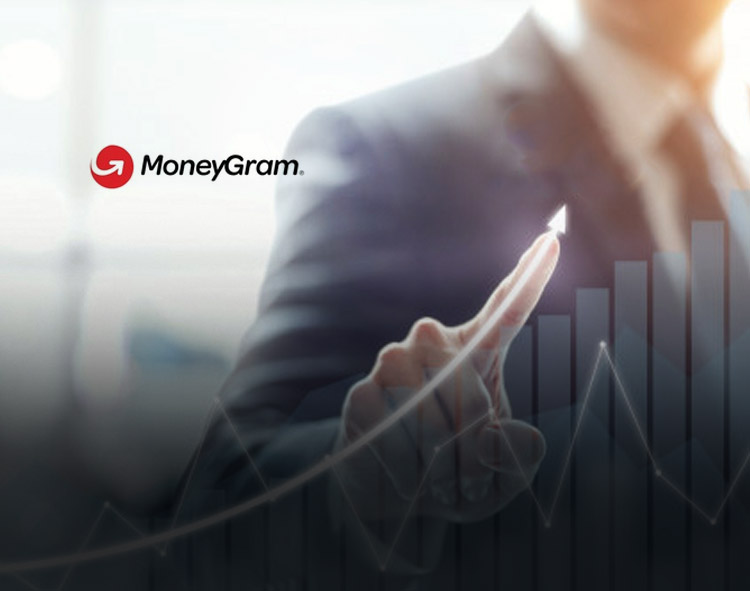MoneyGram International, Inc. (NASDAQ: MGI), a global leader in cross-border P2P payments and money transfers, today announced the Company delivered 136% year-over-year cross-border transaction growth and 135% year-over-year revenue growth for November in its direct-to-consumer digital business, MoneyGram Online (MGO). This marks the eleventh consecutive month of triple-digit year-over-year cross-border transaction growth in the channel. The Company also reported strong MGO revenue growth in November, posting the third largest revenue month for MGO in 2020.
“The consistent, profitable growth in our consumer direct business has enabled it to quickly become one of the largest, fastest growing fintechs in the industry,” said Alex Holmes, MoneyGram Chairman and Chief Executive Officer. “Our consumer-centric app is delivering a phenomenal return on investment as repeat usage and customer retention rates continue to exceed expectations. The successful execution of our strategy to accelerate digital growth is delivering remarkable value to shareholders, and we’re excited about our continued growth trajectory.”
Read More: GlobalFintechSeries Interview with Rob Rosenblatt, CEO at Behalf Inc.
As MoneyGram leads the evolution of digital cross-border P2P payments and money transfers, the Company has focused its digital strategy on delivering the industry’s best customer experience through its leading app, rapidly expanding its digital capabilities internationally, targeting a new customer segment, and growing its bank account & mobile wallet network by partnering with leading brands such as Visa Direct.
“Our data-driven digital transformation and relentless focus on customer feedback has enabled the Company to quickly scale digital transactions and achieve strong revenue growth,” said Kamila Chytil, MoneyGram Chief Operating Officer and leader of the Company’s digital business. “We expect to continue to capture market share as we head into the Holiday season and maintain our strong momentum into the new year.”
Read More: What a Revised US SEC Accredited Investor Definition Means for Digital Securities Markets
